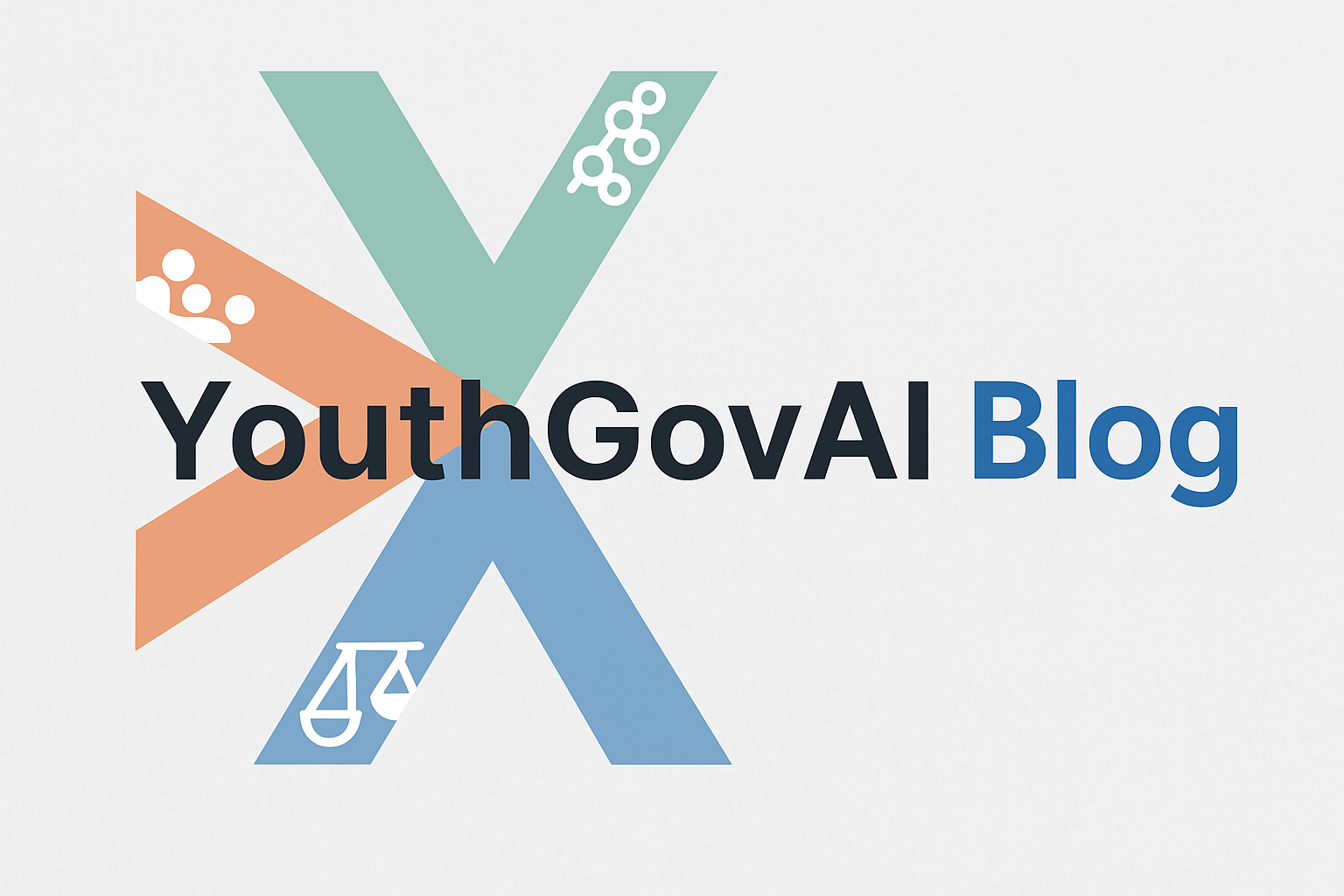As artificial intelligence (AI) becomes a bigger part of daily life, are young people prepared for its impact? The YouthGovAI initiative asked over 50 Polish teens and young adults this very question—through surveys and a national focus group held at the Academic School Complex of the International Academy of Applied Sciences in Łomża. The answers reveal both promise and challenge.
Young, Digital… and Curious
Most respondents were high schoolers aged 16–18, with a majority identifying as male. While 72.5% claimed they could explain AI and nearly half use it several times a week, true understanding is often surface-level. Daily exposure—via chatbots, algorithms, or school tools—doesn’t guarantee insight into how AI works or affects their lives.
Confidence vs. Confusion
While many feel “confident” or “moderately confident” in their AI knowledge, a significant number remain unsure. Few are very confident in evaluating AI-generated content. Misconceptions persist—some believe AI always acts in users’ interests, while others fear it could operate beyond human control, reflecting pop culture rather than fact.
A Blind Spot in Schools
In the focus group, IT students and vocational teachers revealed a disconnect. Teens use AI every day—on TikTok, YouTube, ChatGPT—but rarely discuss how it functions or shapes decisions. Teachers noted that current curricula treat AI as a tool, not a civic or ethical concern. One summed it up: “We teach the tools, not the consequences.”
Teens Want to Be Involved
Students are ready to engage—if given the chance. They asked for accessible content (videos, podcasts, games) and more opportunities to express their views. As one put it: “With the right help, we could be its watchdogs too.”
Key Recommendations
Modernize AI Education: Go beyond coding—teach ethics, bias, and impact.
Support Educators: Provide training and easy-to-use resources.
Speak Their Language: Ditch the jargon; use youth-friendly formats.
Invite Participation: Include teens in debates, hackathons, and decision-making.
